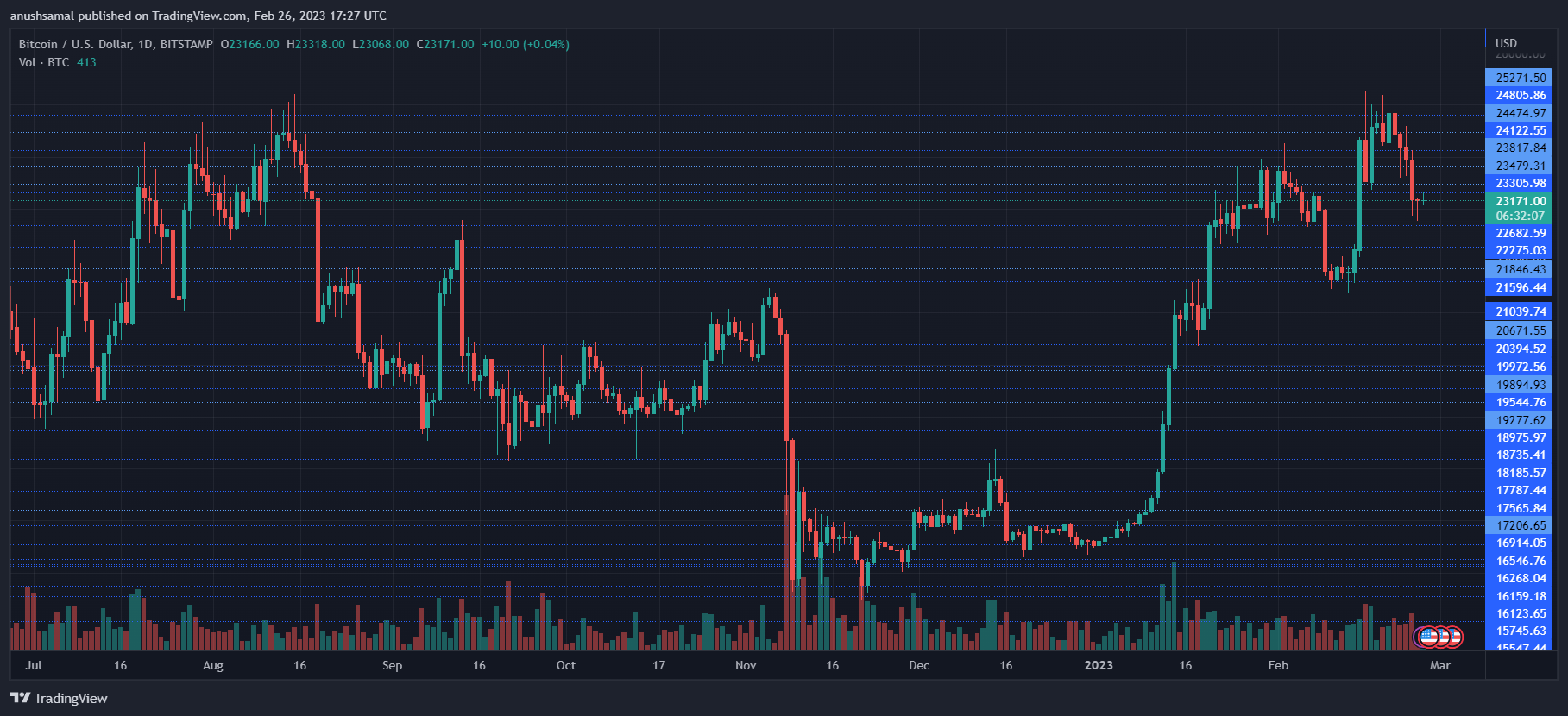India is making headlines regarding crypto regulations yet again. The Governor of the Reserve Bank of India (RBI), Shaktikanta Das, has mentioned that some members of the G20 summit might consider an entire ban on cryptocurrencies.
The International Monetary Fund (IMF) and the Financial Stability Board (FSB) will work on a technical paper and formulate policies that would put in place a regulatory framework for crypto assets. These regulations shall be proposed by the Indian Presidency at the G20 summit.
The paper will be considered at the upcoming meeting of G20 Finance Ministers and Central Bank Governors. The G20 summit is scheduled to take place in the month of October. The discussion regarding the private digital asset regulations is expected to be finalized before the month of September.
In the recent press conference that happened at the end of the first G20 Summit, the Finance Minister of India, Nirmala Sitharaman, clearly stated that anything that falls outside of the control of the Central Bank shall not be considered a currency.
India has been ambiguous about private digital asset regulations for a long time now, but the G20 Summit is expected to take formulating crypto regulations into consideration. India is also working towards launching its own Central Bank Digital Currency (CBDC) as the country considers this a step towards competing with crypto.
Regarding questions and queries on crypto regulations, Nirmala Sitharaman states that understanding the risks tied to crypto is the first step towards regulating the industry. After thoroughly analyzing the risks, the G20 nations will present a comprehensive approach to dealing with private digital currencies at the G20 Summit. G20 nations will formulate policies after taking macroeconomic conditions and other regulatory standpoints into account.
Other Options Are Being Considered While Formulating Crypto Regulations
The Reserve Bank of India has been pushing for an entire ban on the use of private digital assets for a while now. Sitharaman, however, has constructed a case where there can be a synchronized regulatory mechanism where these assets will be governed by a single regulatory policy.
This means that other countries will not need to adopt different regulations as this regulatory framework will serve as an umbrella for many countries. This idea was backed by U.S. Treasury Secretary Janet Yellen, who supported tight regulation for private digital assets. This step would also help reduce the cost of cross-border payments.
The RBI Governor states that there could also be other options for regulating the asset, but it is premature to talk about them at the moment. Das mentioned that although the RBI is keen on an outright ban, there are opposing views that crypto should be regulated in order to keep a check on the risks associated with the asset.
According to Shaktikanta Das, cryptocurrency is still a work in progress. The doubts regarding the regulations were formed and fueled by the idea that private digital assets continue to pose serious threats to the financial stability of the economy, along with other security issues.



